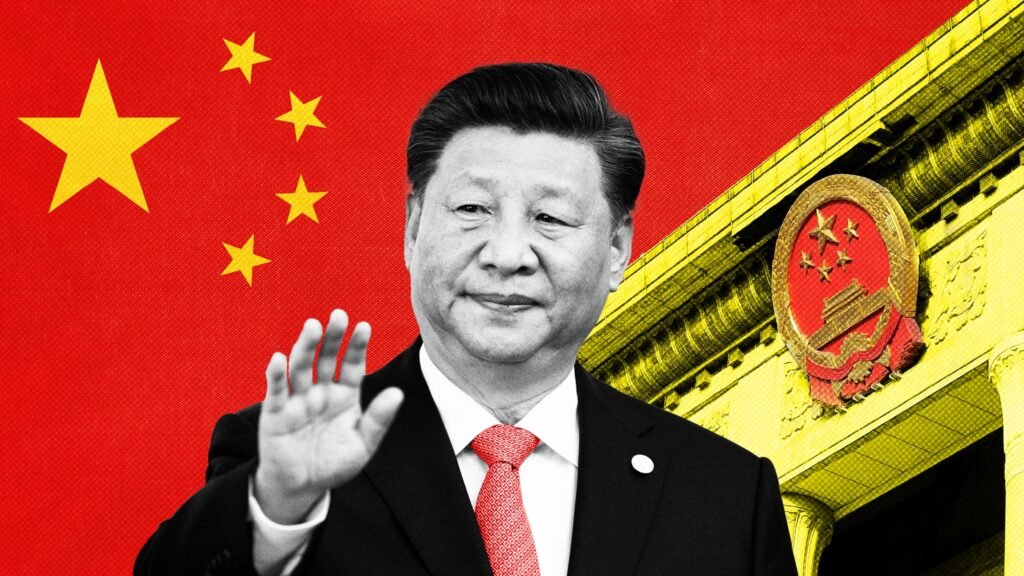Will President Xi’s next term further intensify Taiwan-China issue?
Taiwan expects China to increase its use of coercion and intimidation to achieve its goal of bringing the island under Beijing’s control, a senior Taiwanese minister stated Thursday.
Beijing’s once-every-five-years leadership reshuffle is scheduled for the Communist Party congress beginning on October 16, where Xi is poised to defy convention and secure a third leadership term.
China considers democratically governed Taiwan to be its own territory and has increased military and political pressure to assert sovereignty claims, including staging war games near the island after US House Speaker Nancy Pelosi visited Taipei in August.
Chiu Tai-san, the head of Taiwan’s China-policy-making Mainland Affairs Council, told lawmakers that Xi will consolidate his power at the party congress.
“Following that, the Chinese Communist Party’s strength will gradually grow, with a continued emphasis on promoting the reunification process in its development strategy,” Chiu said.
“We believe that the Beijing authorities’ work on Taiwan has progressed to the stage of strengthening the so-called ‘anti-independence and promoting reunification’ practice,” he added.
China will do so through “coercion and intimidation,” “grey zone” activities, and international law in order to “interfere with and hinder Taiwan’s interaction and cooperation with the international community in order to achieve its goals toward Taiwan,” according to Chiu.
Taiwan’s National Security Bureau Director-General Chen Ming-tong said in a parallel session of parliament that Xi was using Taiwan to stay in power.
“It has been his position that the Taiwan issue cannot be passed down to future generations, so he is using the Taiwan issue as an excuse to extend his term,” Chen explained.
“As a result, he can’t just ignore Taiwan. However, if he resolves the Taiwan issue, he will have no reason to run for another term.”
As a result, Chen stated that Taiwan must prepare to make China “pay a high price” for attacking the island, including economic and diplomatic consequences.
China has never denied using force to take control of Taiwan, but it has also pledged to work for peaceful “reunification” with Taiwan under the “one country, two systems” model.
According to opinion polls, all mainstream Taiwanese political parties have rejected that proposal, and it has almost no public support.
The Taiwan Affairs Office of China did not respond to calls seeking comment. The nation is currently observing a week-long national holiday.
China refuses to communicate with Taiwanese President Tsai Ing-wen, who was re-elected by a landslide in 2020 after promising to stand up to Beijing because it believes she is a separatist. Tsai has repeatedly proposed negotiations based on equality and mutual regard.
October 1, 2022, marks the 73rd anniversary of the founding of the People’s Republic of China.
President #XiJinping has, on many occasions, called on Chinese people to dedicate themselves to the country and contribute to the great rejuvenation of the Chinese nation. pic.twitter.com/1VGUGaxV49
— Xi’s Moments (@XisMoments) October 5, 2022
